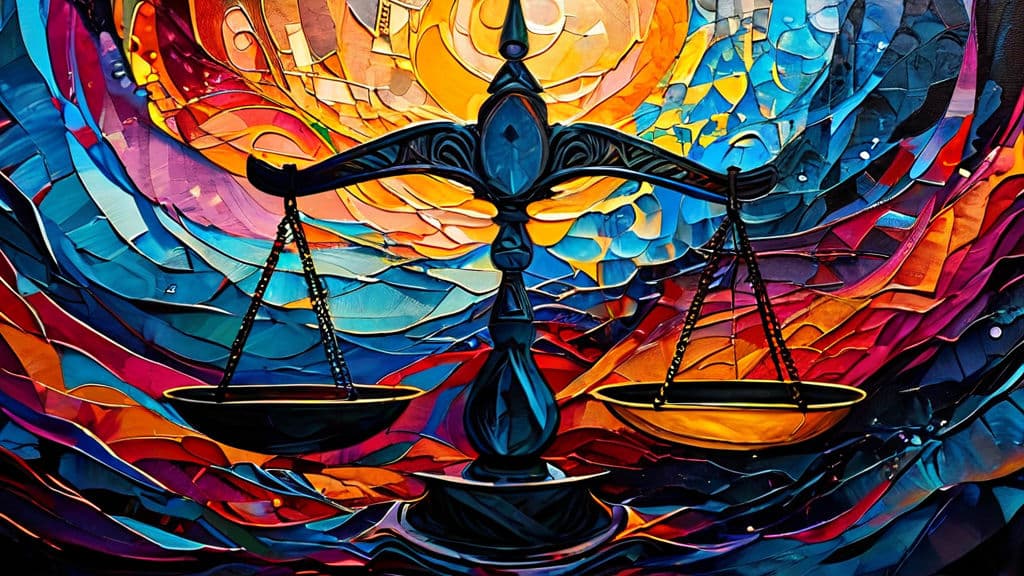CTFC: Critical Thinker Fact Checker
Finding truth
How it works
This gen AI tool scrutinises any content you paste in to determine whether the information is factual and will identify claims or statements that are misinformation or false information.
CTFC
Choose a source and add an author and date for deeper analysis
Optional
Paste in the content you want to check
Mastering Critical Thinking in the Age of AI-generated Content
In an era where technology continues to advance at an unprecedented pace, we find ourselves surrounded by AI-generated content. From news articles and blog posts to social media updates and product reviews, AI algorithms are increasingly taking over the role of human writers. While this has its benefits in terms of efficiency and scalability, it also raises concerns about the reliability and accuracy of the information we consume. In this blog post, we will explore the importance of critical thinking in navigating the age of AI-generated content and provide valuable tips on how to develop and apply critical thinking skills effectively.
The Rise of AI-generated Content
With the advent of natural language processing and machine learning algorithms, AI-generated content has become more prevalent than ever before. These sophisticated systems can produce articles and other written materials that mimic human writing styles, making it increasingly difficult to differentiate between human-authored and AI-generated content. This shift has both positive and negative implications for consumers and content creators alike.
The Importance of Critical Thinking
Critical thinking is the ability to objectively analyse information, evaluate its validity, and make informed judgments. In an age where AI-generated content can flood our digital landscape, critical thinking becomes crucial in discerning reliable information from misinformation. It enables us to question and challenge the content we come across, ensuring that we are not misled by inaccurate or biased information. Developing strong critical thinking skills empowers individuals to make better choices, engage in meaningful discussions, and protect themselves from manipulation.
Developing Critical Thinking Skills
To think critically in the age of AI-generated content, it is essential to hone specific skills that allow us to evaluate information effectively. Here are three key skills to develop:
1. Asking the Right Questions
One of the fundamental aspects of critical thinking is asking relevant questions about the information we encounter. By questioning the source, bias, evidence, and credibility of the content, we can uncover potential flaws or biases. Questions such as “Who wrote this?” or “What evidence supports these claims?” can help us navigate the vast landscape of AI-generated content with a critical lens.
2. Evaluating Sources
When faced with AI-generated content, it is crucial to evaluate the sources from which the information originates. AI algorithms can scrape information from various online platforms, including less reputable sources. By gauging the credibility and expertise of the sources, we can determine the reliability and accuracy of the content. Always be sceptical and verify the sources to ensure you are basing your judgments on credible information.
3. Considering Multiple Perspectives
Critical thinking involves considering different viewpoints and perspectives on a given topic. AI-generated content may lack nuanced perspectives or bias due to its reliance on algorithms. By seeking out diverse sources and opinions, we can gain a more comprehensive understanding of the topic at hand and make well-rounded judgments.
Navigating AI-generated Content
While AI-generated content poses challenges, there are strategies to effectively navigate and utilise this vast information landscape.
1. Recognising AI-generated Content
While it may be difficult to determine if a specific piece of content is AI-generated, certain clues can help identify it. Look for repetitive patterns, generic language, or inconsistencies that may indicate the content was generated by an algorithm. Additionally, be cautious of content that lacks human-like engagement or makes highly subjective claims without solid evidence.
2. Fact-checking and Verification
To combat misinformation, fact-checking and verification are essential. Utilise fact-checking websites or trusted sources to verify the claims made in the content. Cross-reference information and seek evidence to ensure accuracy before accepting the information as true.
3. Seeking Human Expertise
While AI algorithms can process vast amounts of data, they lack the nuanced understanding and expertise that humans possess. When encountering complex or specialised topics, seek out human experts who can provide insights and analysis based on their knowledge and experience. Human intelligence complements AI-generated content by bringing critical thinking and contextual understanding to the table.
Balancing AI and Human Intelligence
In an age dominated by AI-generated content, it is important to strike a balance between relying on AI-generated information and human intelligence. AI algorithms can process massive amounts of data quickly, providing efficiency and scalability. However, they are limited by their programming and lack the ability to interpret information contextually. By leveraging AI-generated content as a starting point and combining it with critical thinking and human expertise, we can make more informed decisions and judgments.
Conclusion
In an age where AI-generated content is increasingly prevalent, critical thinking skills are more crucial than ever. By asking the right questions, evaluating sources, and considering multiple perspectives, we can navigate the vast landscape of AI-generated content with confidence and discernment. Remember to recognise AI-generated content, fact-check and verify information, and seek human expertise when necessary. By striking a balance between AI and human intelligence, we can harness the power of technology while retaining our ability to think critically and make informed choices.
Resources
Critical Thinking: The Nature of Critical and Creative Thought

Leave Feedback
We would love to hear what you think. If you find any issues or have any suggestions of what would make the experience better for you, let us know.